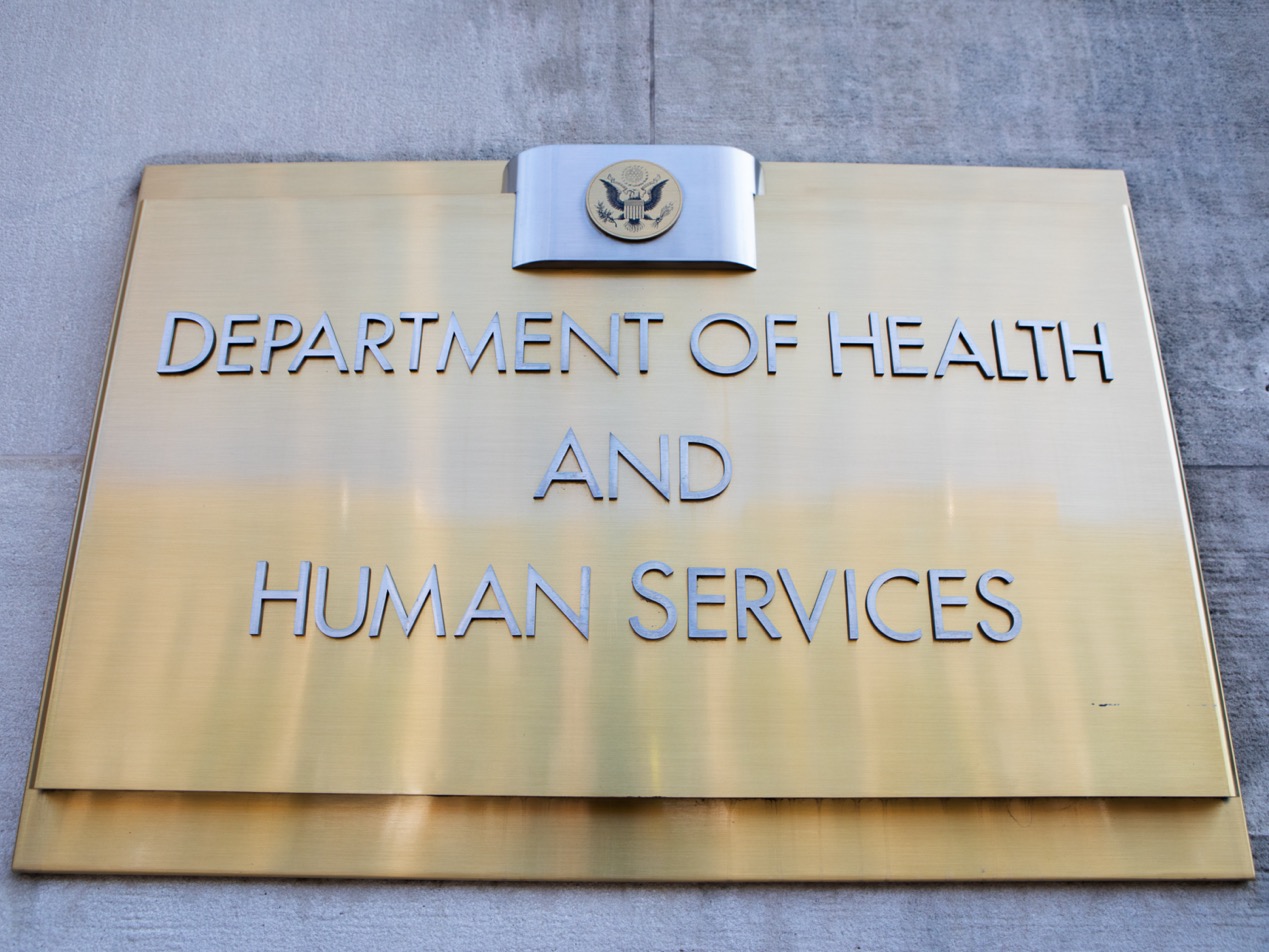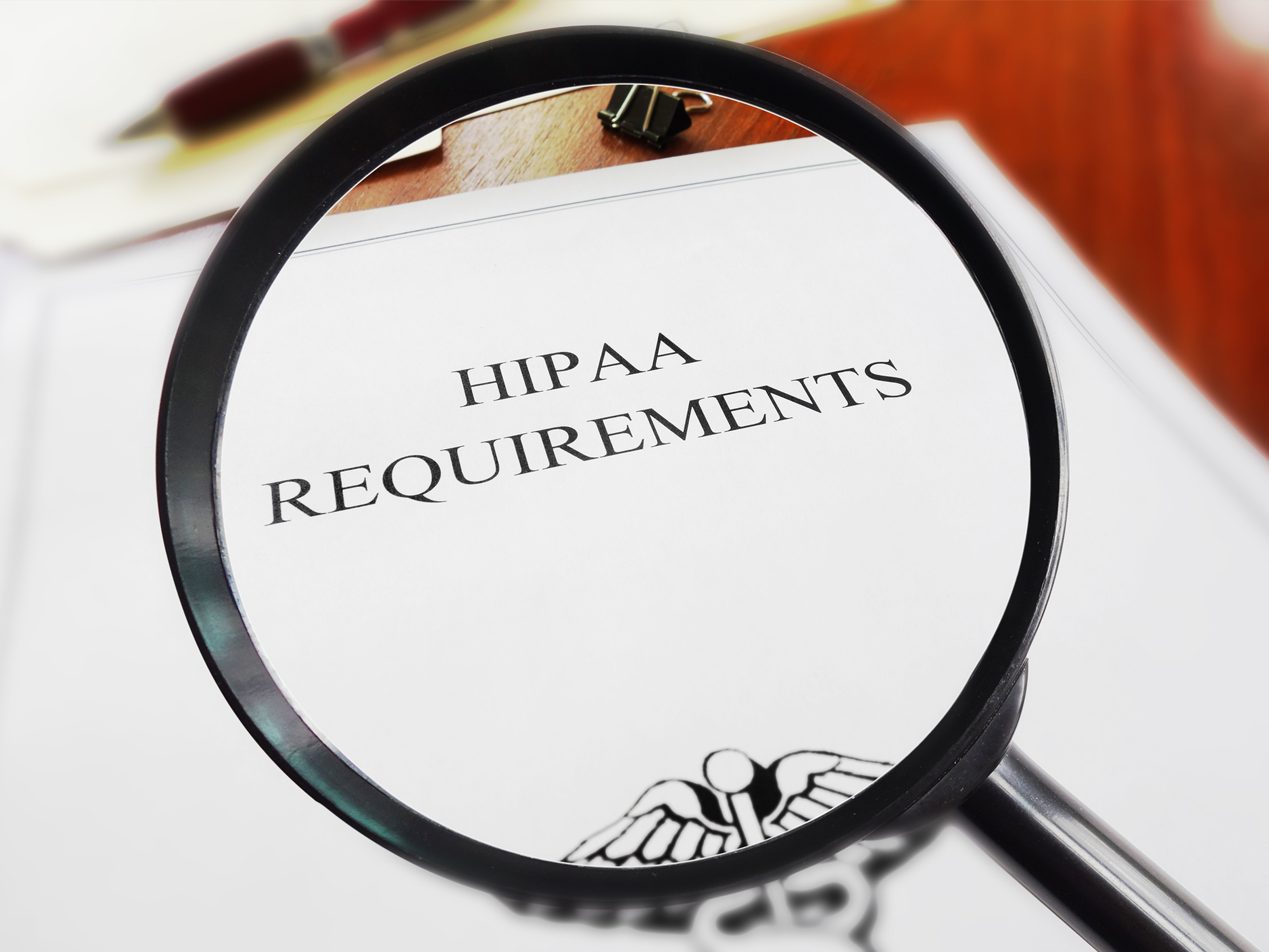
The Office for Civil Rights (OCR) of the U.S. Department of Health and Human Services (HHS) announced April 9 amendments regarding HIPAA and the coronavirus: OCR will not impose HIPAA penalties against healthcare organizations that practice good faith in the operation of COVID-19 testing sites. The change is effective immediately and retroactive to March 13, lasting until the public health emergency no longer exists.
What are the amendments?
OCR is responsible for enforcing regulatory requirements under HIPAA and the HITECH Act to effectively safeguard protected health information (PHI). SEE RELATED: What is the Relationship Between HITECH, HIPAA, and Electronic Health and Medical Records? The agency works closely with both doctors and patients to ensure that patients understand their PHI rights and privacies and that doctors are HIPAA compliant. With this temporary amendment, OCR will not impose regulation noncompliance penalties for activities related to the good-faith operation of COVID-19 Community-Based Testing Sites (CBTS). CBTS include mobile, drive-through, or walk-up public COVID-19 testing and collecting services.
Participating covered entities (CEs) and their business associates can demonstrate good faith by implementing reasonable PHI safeguards, including:
- Using and disclosing minimal PHI
- Setting up privacy canopies and/or barriers
- Controlling foot and car traffic to create adequate distancing
- Establishing a buffer zone for the media/public
- Using secured technology to record and transmit electronic PHI
- Posting a readily accessible public notice about rights and privacy
The amendment does not apply to healthcare clearinghouses or non-CBTS related activities.
Why change now?
On March 17, HHS announced a historic expansion of telehealth services that include waiving HIPAA penalties for good faith use of telehealth during the emergency. This CBTS-related amendment represents another way for HHS to offer its support. According to Roger Severino, OCR Director, “[OCR is] taking extraordinary action to help the growth of mobile testing sites so more people can get tested quickly and safely.” While the telehealth expansion fosters flexibility for all patient care, the testing amendment encourages flexibility so that CEs can establish secure testing environments for both patients and healthcare workers.
Subscribe to Paubox Weekly
Every Friday we bring you the most important news from Paubox. Our aim is to make you smarter, faster.




